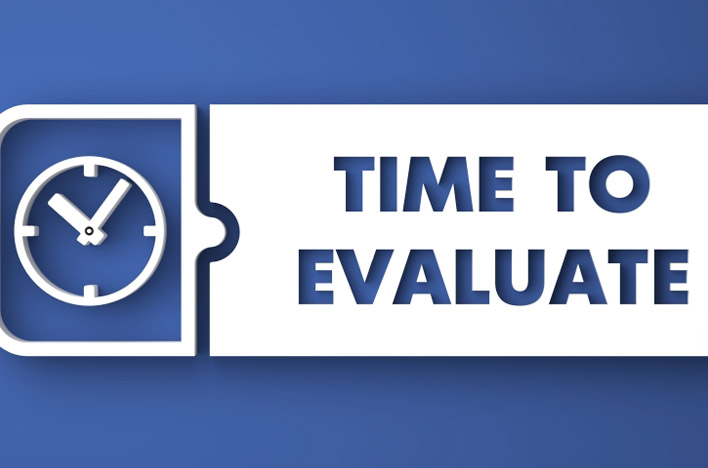Too often, it restricts mobility without improving work quality.
A well-functioning labor market is crucial for a healthy economy. When individuals can move easily from job to job, they find better fits for their skill set. They provide more value to their employer and quite often get paid more. However, there still exist unnecessary regulatory barriers that restrict labor mobility and economic growth.
Occupational licensing is one such example. In a growing number of occupations, (most often) state licensing boards require that individuals meet a number of financial and experiential requirements to practice. Often these regulations make sense: you want your surgeon to be proficient with a scalpel. But some requirements can be patently ridiculous. Is anyone really convinced that public health or safety is at risk when unlicensed auctioneers, yogis or tour guides are allowed to practice?
How Did We Get Here?
The original impetus for licensing (i.e., public interest and safety) is a good one, but the use of licensing has become increasingly twisted. Most glaringly, firms themselves have been lobbying state governments to license their own industry. The number of licensed occupations has increased from only 10 percent of occupations in the 1970s, to 29 percent by 2010. This seems counterintuitive. Why would firms want more regulation?
Morris Kleiner, the premier economist on how licensing affects labor markets, has shown that industries that become licensed see an increase in wages for practitioners. But as these professionals make more money, Kleiner finds that the standards thrust upon these professionals fail to promote higher quality work.
Licensing policies also shackle labor mobility through the state-by-state nature of licensing laws. Each occupation faces different requirements in each state, and reciprocity agreements between states are rare and scattershot. These inconsistencies discourage individuals from moving from one state to another.
What Can We Do?
There are policy options available to alleviate this labor market inefficiency. Sunset provisions on legislation that establishes licensing boards give lawmakers a chance to examine whether the licenses have lived up to their billing.
A further step states can adopt is to move occupations from a licensure to a certification program. Certification allows anyone in a profession to practice, but provides state guarantees of quality or competency to those who meet a set of requirements. Research shows that a move to certification from licensure produces no change in the quality of work among the certified.
Within Our Reach
While often well-intentioned, the licensing structure that has become the norm in more and more occupations is choking innovation and restricting people from applying their skills in the most productive ways. By weeding out unjustifiable regulations, policymakers can cultivate a fairer and more competitive and dynamic labor market that makes everyone better off.
This article originally appeared on the Kauffman Foundation’s Growthology blog.

